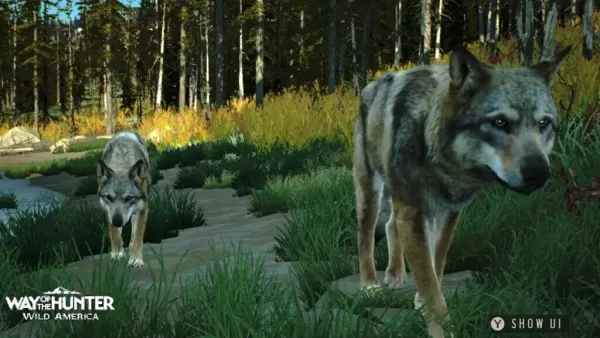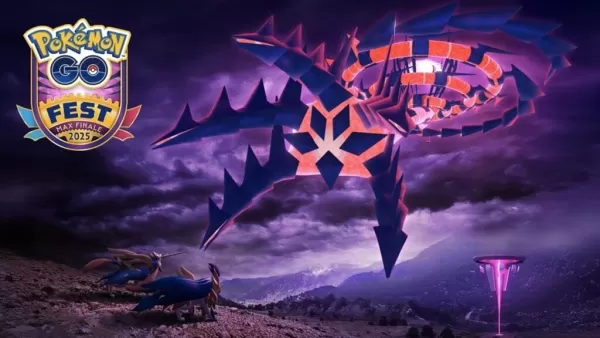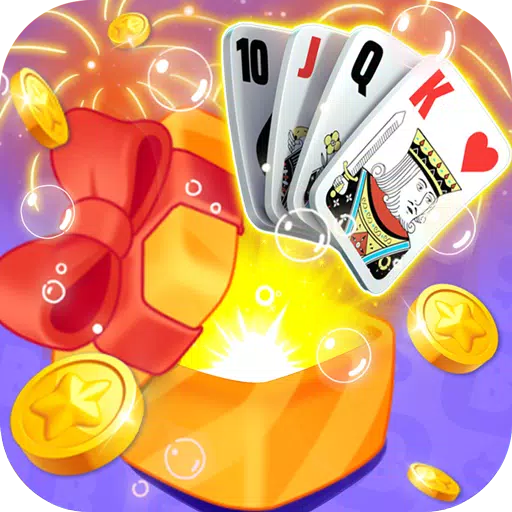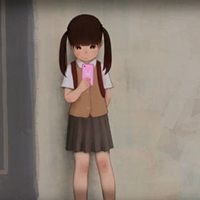The Marvel Cinematic Universe (MCU) has undeniably taken the entertainment world by storm, weaving a rich tapestry of interconnected films and TV shows that form a seamless, ongoing narrative. However, the realm of Marvel video games has always stood apart, each title existing in its own isolated universe without any shared continuity. For instance, Insomniac’s Marvel’s Spider-Man series has no connection to Eidos-Montreal’s Marvel’s Guardians of the Galaxy. Similarly, upcoming games like Marvel 1943: Rise of Hydra, Marvel’s Wolverine, and Marvel’s Blade operate independently, with no overlapping storylines.
There was once a bold vision at Disney to change this dynamic by creating a Marvel Gaming Universe (MGU). This ambitious project aimed to replicate the success of the MCU in the gaming world, uniting various titles under a single, cohesive narrative. But despite initial enthusiasm, the MGU concept ultimately faded away. So, what happened?

DC and Marvel Superheroes: What's The Best Recent Game?
Host Alexander Seropian, co-founder of Bungie (the studio behind Halo and Destiny) and former head of Disney’s video game division, discussed this abandoned project alongside author Alex Irvine, who wrote extensively for Marvel games, including the critically acclaimed Marvel Rivals. Irvine recalled the early days of the MGU initiative during an episode of The Fourth Curtain podcast.
"When I first started working on Marvel games, there was this idea that they were going to create a Marvel gaming universe that was going to exist in the same way that the MCU did," Irvine said. "It never really happened."
Seropian confirmed that the MGU was his brainchild. He proposed the idea during his tenure at Disney before the MCU gained widespread popularity.
"That was my initiative, 'Hey, let’s tie these games together,'" Seropian explained. "It was pre-MCU, but it didn’t get funded."
Irvine, who previously worked on innovative projects like I Love Bees at Bungie, elaborated on how the MGU was supposed to function.
"And I was coming out of ARGs at that point and thinking, 'Wouldn’t it be cool if we had some ARG aspects?' There would be a place where players could go that all the games touched, and we could move them back and forth from game to game. We could link in comics, we could loop in anything, we could do original stuff. And then, as Alex said, it didn’t get funded. So we made a bunch of games."
Despite the creative potential, the MGU struggled to gain traction within Disney. Irvine pointed out that the complexity of maintaining consistency across multiple games and formats eventually deterred some stakeholders.
"Even back then, we were trying to figure out, ‘If there’s going to be this MGU, how is it different from the comics? How is it different from the movies? How are we going to decide if it stays consistent?’ And I think some of those questions got complex enough that there were people at Disney who didn’t really want to deal with them," Irvine explained.
It’s intriguing to speculate about what might have transpired had the MGU received the necessary backing. Perhaps Insomniac’s Spider-Man games could have intersected with Square Enix’s Marvel’s Avengers and Guardians of the Galaxy, allowing characters to crossover and culminating in an epic finale akin to the MCU’s Avengers: Endgame.
Looking ahead, fans eagerly await details about Insomniac’s upcoming Marvel’s Wolverine. Will it share the same universe as Spider-Man, or will it stand alone? Could Wolverine appear alongside Spider-Man or other characters in future releases?
In the end, the MGU remains a fascinating “what-if” scenario—a project that never saw the light of day but continues to spark imagination among gamers and Marvel enthusiasts alike. In another universe, perhaps, it became a reality.








